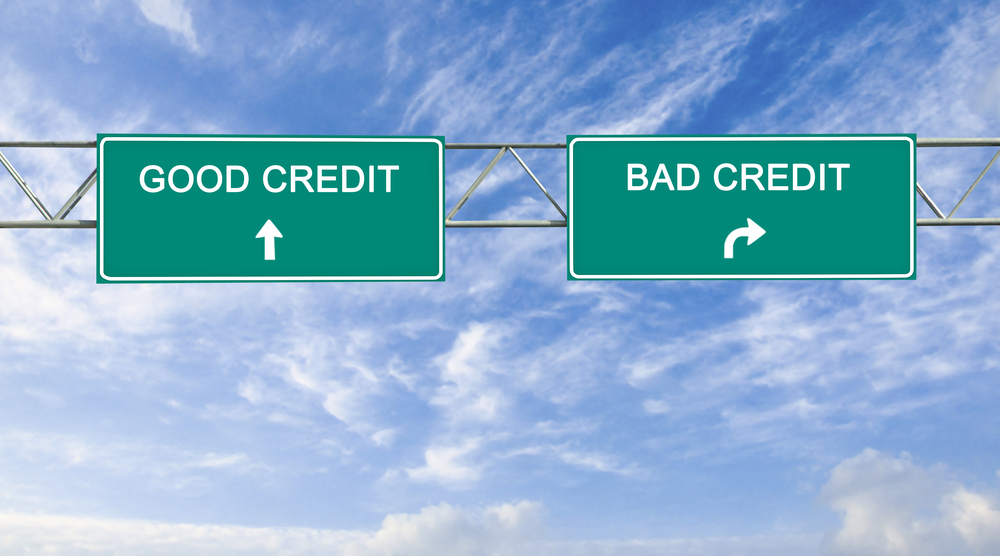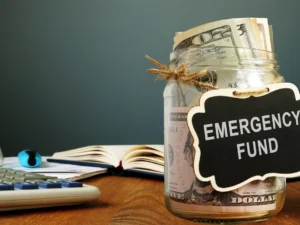Your credit score can determine a lot of things, from whether you’ll get approved for a mortgage to whether an employer will hire you. That means having bad credit can feel like a nightmare come true—but there are ways out.
You’re wondering how to rebuild credit? The best strategy is to change your habits, so that you have a sustainable long-term fix, rather than just making quick-fix repairs that temporarily bump your credit score. Sound hard? It doesn’t have to be. Here are five steps to rebuilding your credit, once and for all:

- Make sure your credit report is accurate.Your credit score is based on a number of factors readily available in your credit report. Request one of these reports and review it. Make sure that all balances and actions are correct. Does the report list an account you thought was closed? A missing payment you thought you paid? Even charges you didn’t authorize? Contact the creditor in question and clarify.
- Pay your bills – on time!There is nothing that influences a credit score like payment history. It’s best to set up some kind of schedule for all of your bills on an online calendar or using an organizing app that can send you reminders with plenty of time to spare. When you get paid, set aside bill money first so that you’ll never fall behind. And if you do fall behind, being 5 days late is better than 60 days late, so pay quickly.
- Use your credit.The quickest way to build your credit rating is to have credit and use it. That can be as simple as getting a secured credit card. With this kind of card, you pay a security deposit up front, which determines your credit limit. To the credit reporting agencies, it’s just like any other card (Note: this is different from a “prepaid” card, which will not help your credit score).
- Don’t carry large balances.No matter what kind of card you have, it’s important not to stay at or near the credit limit. Try to carry a balance that is less than one half of the total credit limit.
- Pay down your balances.This is a major step that can substantially transform your credit score. Paying down your balances may not seem easy, but it is possible when you take it slowly. There are three keys to success: first, always pay more than the minimum payment, even if it’s not much more; second, never take financial risks or overcommit yourself just to pay down a balance – slow and steady is better; and finally, focus on the smallest balances first so you can wipe them out before tackling the bigger ones.
Have you ever had to bounce back from bad credit? How did you do it?


















